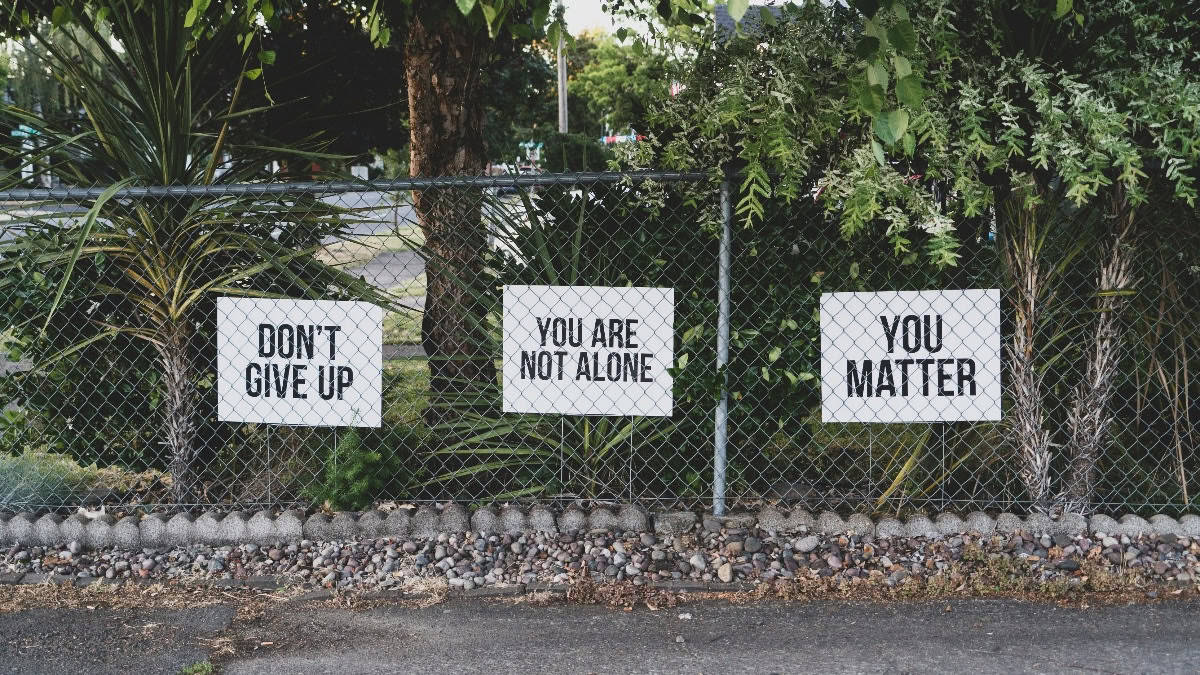I have a nervous bladder. It’s not my favourite characteristic, it’s just a reality. One time just before a preach, I went for my pre-preach loo stop. As I washed my hands, I noticed in the mirror that I had somehow managed to create a large wet patch on my light beige trousers. I was due on stage in moments!
Imagine if I hadn’t noticed! Walking up on stage, giving the talk of my life, whilst everyone was busy noticing my rather obvious flaw. But thankfully, I had noticed. In that toilet, I faced a moment of reality: I could get up to speak, putting on a mask of “nothing to see here”, in complete denial of my situation (not likely to go well!) Deep down I knew prompt action was required…and as it turns out hand-dryers work remarkably well and swiftly in these situations!
So, you may be asking, why on earth would I want to share such an awkward moment? Well, because I want to share some statistics that astonished me about healthcare workers, from the NHS Practitioner Health Service. PHS is a free, confidential NHS mental health and addiction service, with expertise in treating health & care professionals. Last year they shared some data on who they were seeing and why:
- Over the last 12 months, NHS Practitioner Health has registered around 6,000 new patients presenting for care. Most are doctors, with more than 40% being GPs
- Almost all patients reach the threshold for a formal diagnosis of mental illness, most commonly moderate to high levels of anxiety and depression.
- 1836 healthcare workers who registered with Practitioner Health in the last 12 months reported that they have had suicidal thoughts on several days, more than half of the days or nearly every day over the last 2 weeks prior to self-presentation.
- Of those 1836 healthcare workers, just under a third (496 people) had made plans to end their lives in the last week.
For healthcare workers, considering talking about having mental health/addiction problems can bring on the same feelings of shame and embarrassment as my toilet misadventure! The shame can be even worse if you’re a Christian. I once spoke to a healthcare worker who described having to put on a mask at church, as she felt that the church, with its’ “good news” culture, was not ready to hear that she was profoundly depressed.
So, let’s be real! If you have a mental health or addiction problem, you are not alone. There is help available for you, and I encourage you to seek it. There is no shame in seeking help. Please also remember these truths:
- God does not ever leave or forget you. Read Hebrews 13:5 (the AMP version is best!)
- It is a medical fact that people can feel they have lost their faith as part of depression, and it returns upon recovery. So not feeling or perceiving God is normal if you are mentally ill.
- There are sources of help and support, directly, or via your GP: https://www.practitionerhealth.nhs.uk/about-us
- Lighthouse Counselling (based at Eastgate) offers wellbeing health checks: https://www.lighthousecounselling.org.uk/formhealthcheck
To honestly face our mental health or addiction challenges – being completely vulnerable before God and with others we trust – is essential to finding a way forward. We can walk these things through in intimacy with our Father, who loves us. However, if like me, you are blessed not to face these issues currently, can I encourage you that when you ask your next “Hi, how are you?” question, you look for a deeper response than “fine” as an answer?
As for my problem bladder, I have learned that the best way forward is to wear dark-coloured chinos when preaching – it’s much less anxiety-inducing!

Mike von Fraunhofer

